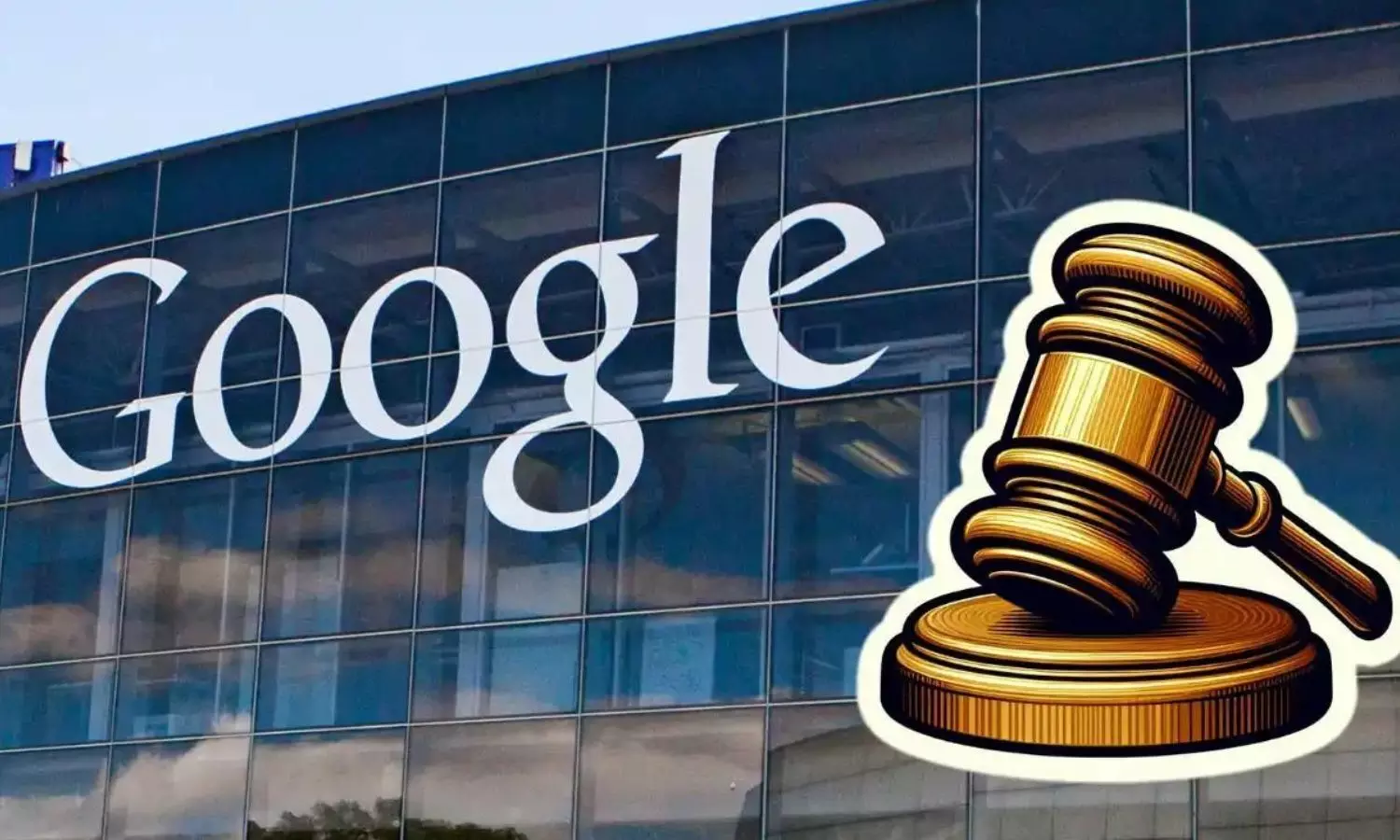US Judge Rules Google Illegally Maintains Search Monopoly: Landmark Antitrust Case
A US judge has ruled that Google illegally maintains a monopoly over internet search, citing anticompetitive practices. Explore the implications of this landmark antitrust decision on the tech industry, regulatory scrutiny, and consumer choice.
"US Judge Rules Google Illegally Maintains Search Monopoly: Landmark Antitrust Case"

Google Illegally Maintains Monopoly Over Internet Search, US Judge Rules in Landmark Antitrust Case
In a landmark decision, a US judge has ruled that Google has illegally maintained a monopoly over the internet search market, marking a significant moment in the ongoing antitrust battle against the tech giant. This ruling has far-reaching implications for both the technology industry and internet users.
1. The Ruling
The court’s ruling asserts that Google has engaged in anticompetitive practices to preserve its dominant position in the internet search market. The judge found that Google’s strategies effectively stifled competition and hindered the growth of potential rivals. This decision follows a lengthy investigation into Google’s business practices and market influence.
2. Anticompetitive Practices
The ruling highlights several key practices that contributed to Google's monopolistic behavior:
- Exclusive Contracts: Google’s exclusive agreements with device manufacturers and browser developers to pre-install its search engine have been cited as a primary factor in maintaining its market dominance.
- Search Algorithms: The court noted that Google's algorithms were designed to prioritize its own services and products, marginalizing competitors and limiting consumer choice.
- Ad Market Control: Google's control over digital advertising and search ad placements was also scrutinized, with the court finding that these practices further entrenched its market position.
3. Implications for the Tech Industry
The ruling has significant implications for the technology sector:
- Regulatory Scrutiny: The decision is likely to lead to increased scrutiny of other tech giants and their market practices. Regulatory bodies may intensify their investigations into the competitive behavior of major technology companies.
- Potential Remedies: The court’s decision could result in various remedies aimed at restoring competition, including changes to Google’s business practices, potential fines, and requirements for increased transparency.
- Impact on Innovation: While the ruling aims to foster competition, there are concerns about how these changes might impact innovation and the technology landscape. Industry experts will be watching closely to assess how these legal developments influence market dynamics.
4. Reactions and Next Steps
- Google’s Response: Google has expressed its intention to appeal the decision, arguing that its practices are legal and beneficial to consumers. The company contends that its dominance in the search market is a result of superior technology and user preference rather than anticompetitive behavior.
- Antitrust Advocates: Advocates for antitrust reform view the ruling as a significant victory in the fight against monopolistic practices. They argue that this case sets a precedent for holding tech giants accountable for anti-competitive conduct.
5. Broader Impact on Consumers
For consumers, the ruling could lead to greater choice and improved services as competition is encouraged. However, there may also be short-term disruptions as the market adjusts to the new regulatory landscape.
Conclusion
The US judge’s ruling that Google illegally maintains a monopoly over internet search marks a pivotal moment in antitrust enforcement. As the case progresses through appeals and potential remedies are considered, the technology industry and consumers alike will be closely watching the unfolding developments. This decision underscores the ongoing efforts to ensure fair competition in the digital age and the importance of regulatory oversight in maintaining a level playing field.

